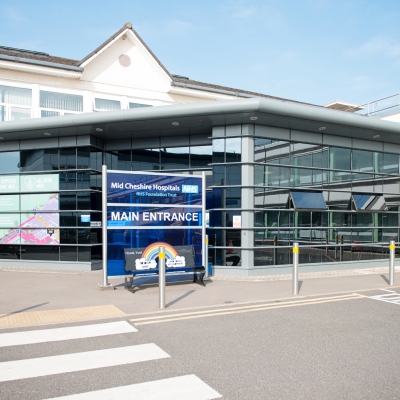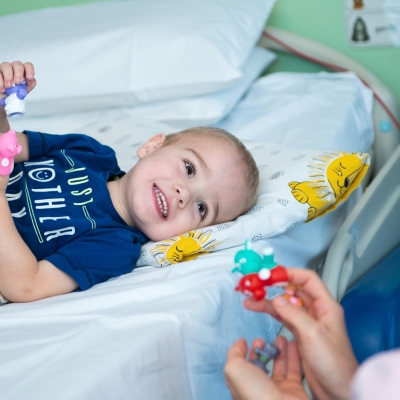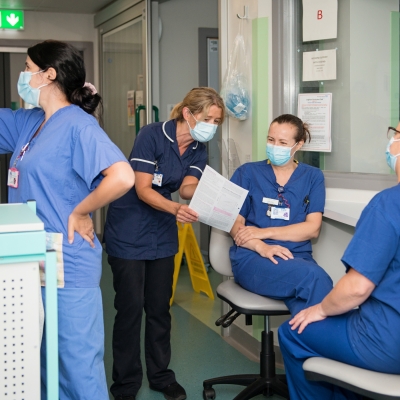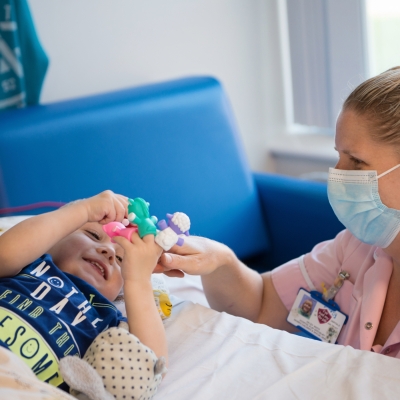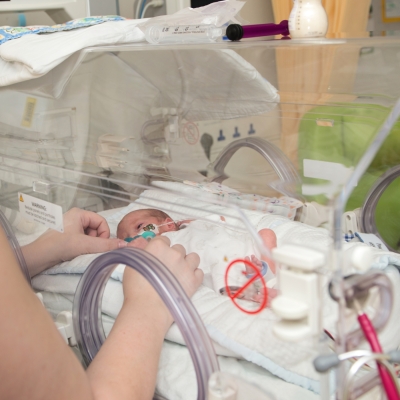Epilepsy support resources
We have put together some useful information to help children and their families manage their epilepsy. The information sources will direct you to the most up to date evidence based information.
If you have any further questions please speak to your Epilepsy Nurse or Epilepsy Youth Worker.
Our support worker is Alexandra Lewis and she is here to provide guidance and support surrounding living with epilepsy for young people aged 11-18 with epilepsy. She can:
- Signpost to relevant services.
- Enable you to make informed decisions and pursue your choices.
- Encourage you to take control of your health
- Build your confidence and independence
- Offer support to enable you to grow, learn, and fulfil your potential.
You can contact her on 07553792972 or by emailing alexandra.
You should choose somewhere where you’ll feel safe, speak to them about what they do to help young people with epilepsy e.g. a disability services officer or assignment adjustments.
If you’re moving out to go to university, make sure you have transferred to a local GP so you can get your medications yourself.
For more information visit Epilepsy UK or the Epilepsy Society.
Medicines for Children provide information that cover many of the medicines that are prescribed or recommended by health professionals. They answer frequently asked questions, such as how and when to give the medicine, what to do if you forget to give the medicine, and any possible side-effects: www.
If your doctor has recommended to try the ketogenic diet, find more information here: https://
https://
https://
Matthews friends is a UK charity that has videos, advice, recipes and other helpful information for people on ketogenic diets: https:/
The Daisy Garland is a charity working for children and families whose lives have been affected by drug-resistant epilepsy. They have some recipe ideas for ketogenic diets: https://
There are guidelines in the UK for driving a car if you have epilepsy. You may qualify for a driving licence if you have been seizure free for a year, for more information and for information on driving a bus, coach or lorry:
www.
With the right support and safety precautions, there’s no reason why you can’t take part in most activities. Regular exercise may improve seizure control, mood disorders associated with epilepsy, sleep, cognition or quality of life. You could have emergency contact information or a seizure response plan with you if you feel it would help.
For more information on exercise and epilepsy:
CAMHS Crisis Line is there if your mental or emotional state quickly gets worse or deteriorates, this can be called a ‘mental health crisis’. In this situation, it is important to get help quickly. Call 0800 145 6485 and dedicated local staff will support you to access the help you need. The phone line is open 24 /7 and is open to people of all ages.
The phone line is now the first port of call for mental health help – it is operated by people in your local area who will know how best to support you. If you call NHS 111 you may have to wait longer for help and will be re-directed to this local service so, please call 0800 145 6485 in the first instance.
You should still call 999 or go to A&E if you have an immediate, life-threatening emergency requiring mental or physical health assistance.
Childline has advice on what to do if you are being bullied: www.
The Epilepsy Action helpline can offer free confidential advice to anyone affected by epilepsy. You can call them on 0808 8005050, send them a question or start a live chat on the website. For more information: www.
Kooth offers free anonymous 1 to 1 support from mental health professionals, for more information: www.
Tellmi is a safe anonymous app where you can talk to other people your age or counsellors about anything you want. You can get it on the app store or use the web app. For more information: www.
The Mix provide support for under 25s. They have discussion boards, support groups and provide information on many lifestyle topics. As well as a crisis messenger service and counselling services. For more information: www.
Visyon provides free support for mental health and emotional wellbeing in Cheshire East. Call 01260 290000 to speak to someone, there is no need for a referral from your GP or school. For more information: www.
Young minds provide advice about feelings, mental health and coping with life to young people and parents, for more information: www.
Young Epilepsy have a youth voice network for young people aged 13-25 with epilepsy, where you can safely meet and connect with other young people your age who you might share experiences with. For more information and to sign up: www.
Young Epilepsy run virtual youth clubs once a month for young people aged 8-12 and 13-18, where you can speak to other young people with epilepsy, take part in activities and make new friends. For more information and to register: www.
Young Epilepsy run remote support groups called ‘Epilepsy & Me’ focussed on living with epilepsy, asking questions and sharing stories. Sessions run for 8-10, 11-15 and 16–18 year-olds. For more information: www.
SHOUT is a free and confidential mental health service for anyone in distress. Text PURPLE to 85258 to start a conversation with trained volunteers, available 24/7. For more information: giveusashout.org/ or https://
The NHS website have advice on living with epilepsy on their website: www.
If you are unable to drive due to seizures, you may be entitled to free or discounted travel for trains, buses, tubes and coaches. For more information: epilepsysociety.org.uk/
Other support is also available such as PIP (Personal Independence Payment) and DLA (Disability Living Allowance), for more information: epilepsysociety.org.uk/
You are entitled to free prescriptions for antiseizure medication, to apply fill in the form FP92A from your GP. www.
If you are on a low income, you may be able to claim back travel costs for medical appointments, for details: check-for-help-paying-nhs-costs.nhsbsa.nhs.uk/
Disabled Students’ Allowance (DSA) is support to cover the study-related costs you have because of a mental health problem, long-term illness or any other disability. More details: www.
Young Epilepsy have a channel that has advice on aspects such as education, travel and going out. For more information: www.
Young Epilepsy have self-help and self-guided resources for dealing with mental health issues: www.
If you have a learning disability, when you are over 14 years old you can have annual health checks at your GP. The NHS website explains more about this: www.
Health passports can be useful to let healthcare staff know any information you want them to know. It can provide consistent, clear, patient centred information and support shared decision making. For more information and a template: www.
People can have healthy pregnancies and babies, it is important to know what will work best for you when wanting to have a baby. Please do not stop taking any antiseizure medications, if you become pregnant speak to your nurse specialist or doctor for advice. For more information: www.
Some types of contraception can be affected by antiseizure medications, increasing risk of seizures or side effects, so it is important that you use the right one. If you have concerns, speak to your nurse specialist or doctor for advice, for more information: www.
epilepsysociety.org.uk/
www.
Sexual health clinics are free and available to everyone, they offer services such as contraception, pregnancy testing, medicine to protect against HIV and more. To find a sexual health clinic near you: www.
Information on STI testing, emergency contraception, HIV care and treatment, coil and implant services locally can be found on The Sexual Hub website: thesexualhealthhub.co.uk/
In normal sleep wake cycles, changes in the brain’s electrical and hormonal activity occur, these changes can be related to why some people have more seizures at night than other people.
For some people, lack of sleep can be a seizure trigger. Having a good sleep routine is recommended to ensure you have a good night’s sleep. For more information: www.
epilepsysociety.org.uk/
www.
The Sleep Charity is an impartial organisation that looks at how you can adopt healthier sleep habits and focuses on raising awareness of how a good night’s sleep can help wellbeing. Website: thesleepcharity.org.uk/
Teen Sleep Hub provides advice on how to sleep better and understanding sleep patterns in order for you to have more control over your sleep patterns: teensleephub.org.uk/
Alcohol in large amounts can increase seizure risk. It is important to know if alcohol reduces the amount of medication in your body, as well as if the medication lowers alcohol tolerance (this information should be in the leaflet that comes with the medication). If you have any concerns, speak to your nurse specialist or doctor. For more information: www.
Recreational drugs can trigger or increase the risk of seizures, as well as interact with medication. For more information: epilepsysociety.org.uk/
Change Grow Live are a free, confidential service that supports young people and families who may be struggling with drugs or alcohol. For more information: www.
Frank provides honest information about drugs: talktofrank.com/ and offer a live chat service everyday from 2pm-6pm: www.
Via provides free, non-judgemental advice and support, in person or online to help you to make better decisions about drinking and drug use. They can meet you at a location and a time that suits you. You can call: 0300 303 4549 or email: cwacyp
This is when someone with epilepsy dies, and no other cause of death can be found during the post-mortem. Risk factors include not taking antiseizure medication as prescribed, and alcohol and drug misuse. SUDEP Action are a UK charity working alongside those who have lost loved ones to epilepsy, they have a support team you can call on 01235 772852 or email on support
www.
Jon Shaw Foundation are a charity that supports people with epilepsy, provides bereavement support and promotes awareness of SUDEP. They can also provide funding for safety equipment, for more information: jonshawfoundation.org/
Epilepsy Action have information on alarms and monitors if you choose to look into using them to reduce the risk of SUDEP, as well as where to find funding for products, medical ID products and practical safety advice: www.
Epilepsy Alarms UK provide safety devices such as wrist sensors for seizures, for more information: www.
If you are wanting to go on holiday, it is best to research where the nearest pharmacy or hospital is. If the holiday is abroad, ensure you have travel insurance and a GHIC or EHIC card, for more information: www.
If you are taking medication, you should check you can take the medication to that country, and then check for time differences so you know when to take the medication, for more information: www.
It is important that the school knows about your epilepsy, to ensure safety. School staff need to know how to recognise seizures and what to do. Individual Healthcare Plans (IHP) are written plans with information about your epilepsy and the support you’ll need at school. This is helpful for the school to know about how best to support. Templates for IHP’s can be found on the Young Epilepsy and Epilepsy Action websites.
For more information: www.
www.
www.
www.
Young Minds has advice for those wanting to go to university, as well as questions you might want to ask on open days to help you feel more prepared. Including questions about their support services: www.
